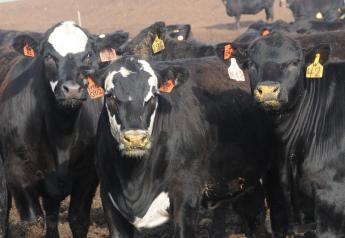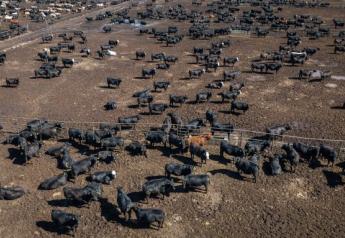Merck's Response to Media Questions on Dr. Loneragan’s Article Posted on Plos One

The health and well-being of animals is the first and foremost priority of Merck Animal Health. We believe in the science that supports Zilmax, which is approved by FDA and international regulatory authorities, and are confident in its safety and performance.
Only a well-designed clinical study, in a real world setting coupled with analysis of data by third-party industry experts, can thoroughly confirm the safety profile and performance of a product. In more than 30 studies, totaling 65,000 head of cattle, conducted by well-respected universities and third-party experts using sound scientific principles, no increase in death loss for cattle fed Zilmax compared to controls was observed. The results from Zilmax studies have been published in well-respected, peer-reviewed publications such as the Journal of Animal Science, The Professional Animal Scientist and Meat Science.
In contrast, Dr. Loneragan’s opinions are based on observational information and we disagree with them. Using observational analyses where cattle are not randomized and where rigorous scientific procedures are not utilized, is not a respected scientific method to rigorously evaluate the safety and efficacy of any product. For these reasons, caution should be used in drawing conclusions from analyses such as those conducted by Dr. Loneragan. To be scientifically rigorous, researchers must randomize and replicate groups of cattle that allow for the creation of control and treatment groups.
In addition to the 30 plus randomized, controlled studies conducted to date, Merck Animal Health is also conducting an extensive field evaluation program that is being conducted by independent experts as part of our five-step plan. This program will add to the significant amount of data that already exists for Zilmax and will support the results of previous studies and the safety of the product.
As we noted in a previous statement to Reuters, we take any adverse event report very seriously and investigate each one thoroughly, often utilizing independent experts to provide additional support, knowledge and expertise. We do this whether or not it appears that particular Merck Animal Health product is involved. We are committed to adhering to all regulatory guidelines.
Source: Merck Animal Health







